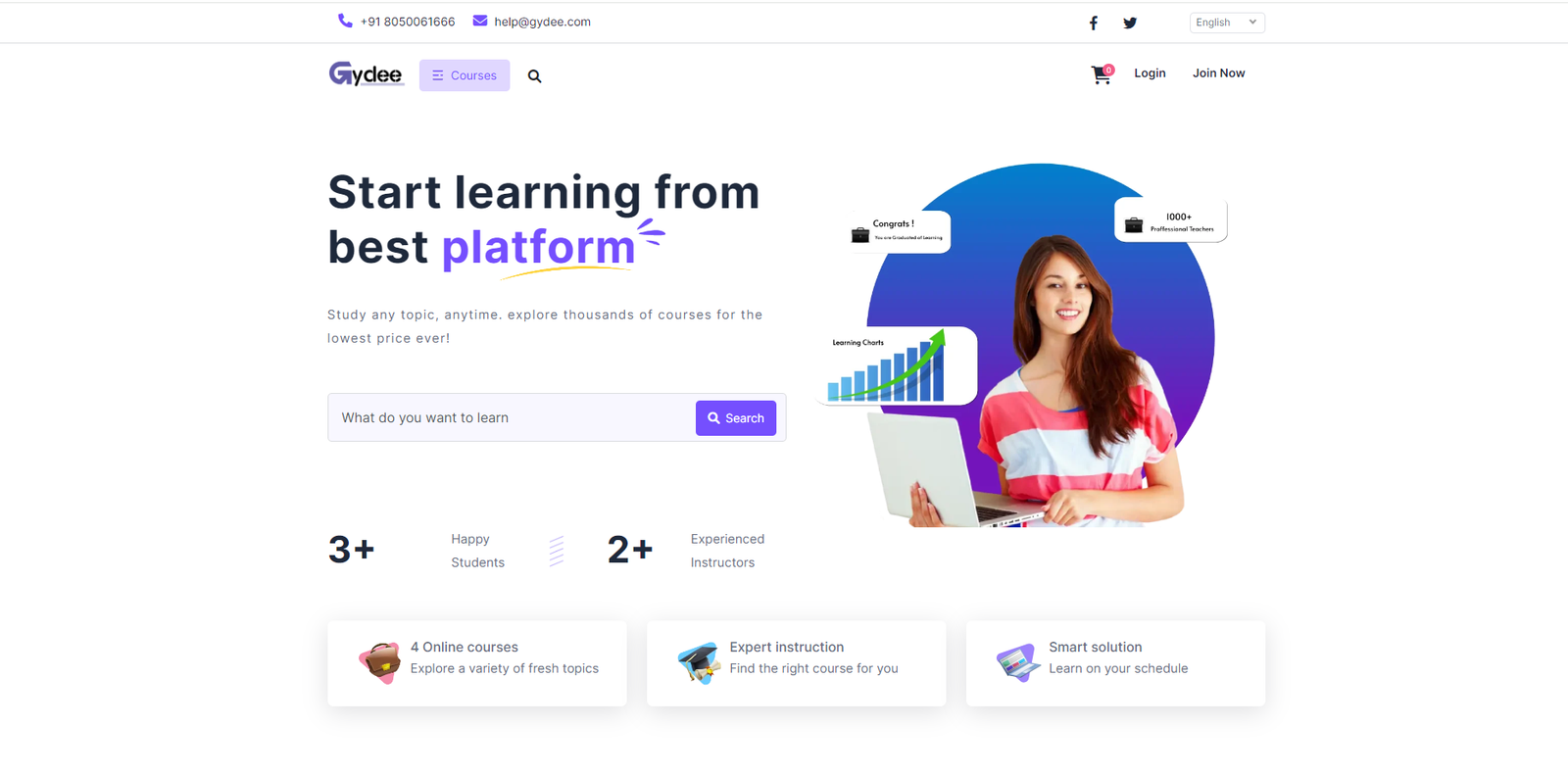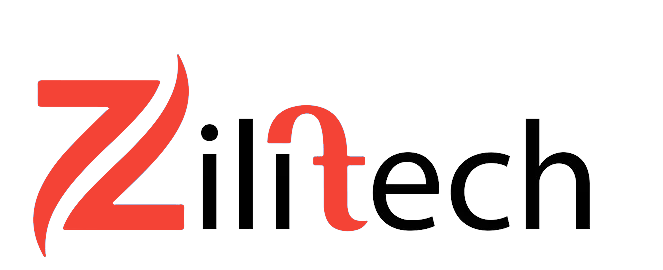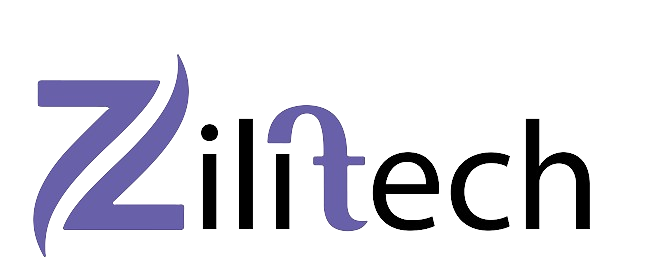
Coaching management software, particularly in the e-learning domain, plays a crucial role in delivering effective and efficient online coaching services. Here’s how such software facilitates coaching institutes and educators in delivering high-quality e-learning experiences:
- Course Management: E-learning coaching software enables coaches to create, organize, and manage courses online. They can develop course content, upload lectures, assignments, quizzes, and other learning materials. Additionally, coaches can structure courses into modules or units for better organization and navigation.
- Student Enrollment and Management: The software provides features for student enrollment, allowing learners to register for courses online. Coaches can manage student profiles, track enrollment status, and monitor student progress throughout the course. This includes tracking completion rates, performance metrics, and engagement levels.
- Interactive Learning Tools: E-learning coaching software offers a variety of interactive learning tools to enhance the learning experience. This may include video lectures, multimedia presentations, discussion forums, live chat, and virtual classrooms. These tools promote active engagement, collaboration, and participation among learners.
- Assessment and Feedback: Coaches can create assessments such as quizzes, tests, and assignments within the software platform. It enables automated grading and provides instant feedback to students. Additionally, coaches can track student performance over time and identify areas for improvement. Feedback mechanisms allow for personalized guidance and support.
- Progress Tracking and Analytics: The software provides comprehensive analytics and reporting features to track student progress and performance. Coaches can generate reports on various metrics such as course completion rates, assessment scores, learner engagement, and participation levels. This data helps coaches evaluate the effectiveness of their teaching methods and make data-driven decisions to optimize course delivery.
- Communication and Collaboration: E-learning coaching software facilitates communication and collaboration between coaches and students. It includes features such as messaging systems, discussion forums, and virtual classrooms where learners can interact with coaches and peers. This fosters a sense of community and encourages knowledge sharing and collaboration.
- Mobile Accessibility: Many e-learning coaching platforms offer mobile applications or responsive web interfaces, allowing learners to access course materials and participate in learning activities from their smartphones or tablets. This enhances accessibility and flexibility, enabling learners to engage with the course content anytime, anywhere.
- Integration with Learning Management Systems (LMS): E-learning coaching software may integrate with existing learning management systems to leverage additional features and functionalities such as content management, user authentication, and reporting. This seamless integration streamlines administrative tasks and enhances the overall user experience.
- Scalability and Customization: The software is designed to be scalable, allowing coaching institutes to accommodate a growing number of learners and expand their course offerings. Additionally, it may offer customization options to tailor the platform to the specific needs and branding requirements of each coaching institute.
In summary, e-learning coaching management software empowers coaches and educators to deliver engaging, interactive, and personalized learning experiences to students across various subjects and disciplines. It streamlines course management, promotes active learning, facilitates communication and collaboration, and provides valuable insights for continuous improvement.
For Demo
https://gydee.com
Call : +91 9449675050
Email : Info@zilitech.com
Password : Gydee@123


